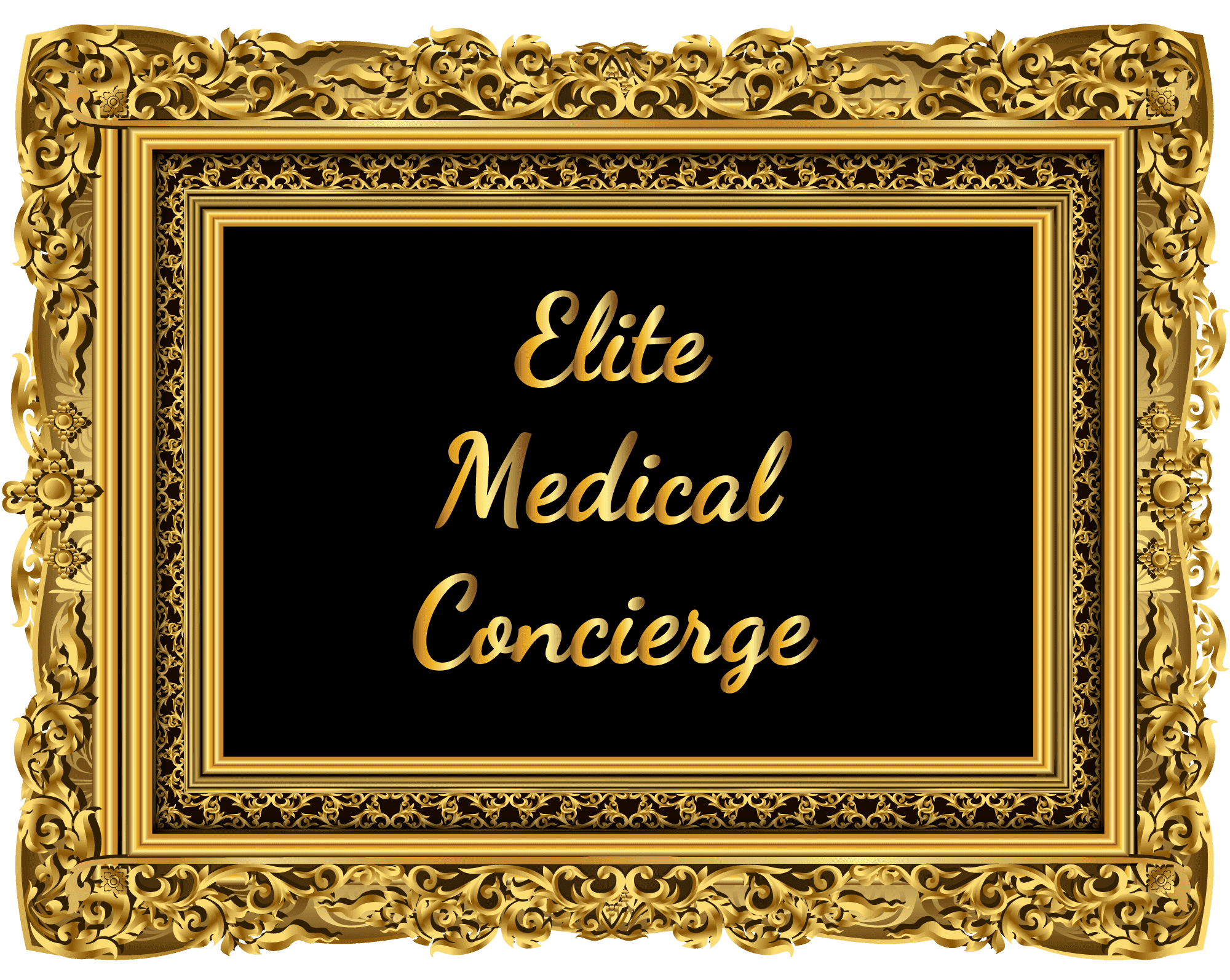Concierge Medicine and Mental Health: More Time, More Support
Concierge medicine is revolutionizing the way we approach healthcare, particularly in the realm of mental health. By offering a more personalized and accessible model, patients can experience enhanced support and care tailored to their unique needs. This innovative approach not only provides more time with healthcare providers but also fosters a deeper connection that can significantly impact mental well-being.
For more information on concierge medicine and its impact on mental health, visit Concierge Medicine Today for resources and insights.
What is Concierge Medicine?
Concierge medicine, often referred to as boutique or retainer medicine, is a healthcare model where patients pay an annual fee for enhanced access to their physicians. This model allows for:- Longer appointment times
- 24/7 access to healthcare providers
- Personalized care plans
- Comprehensive health assessments
The Benefits of Concierge Medicine for Mental Health
When it comes to mental health, the advantages of concierge medicine are profound. Here are some key benefits:- Increased Time with Providers: Patients can spend more time discussing their concerns, which leads to better diagnosis and treatment.
- Holistic Approach: Providers can take a more comprehensive view of a patient’s mental and physical health, leading to more effective treatment plans.
- Accessibility: With 24/7 access, patients can reach out during crises, ensuring they receive timely support.
- Stronger Patient-Provider Relationships: The personalized nature of concierge medicine fosters trust and open communication.
How Concierge Medicine Supports Mental Health
Concierge medicine can significantly enhance mental health support through various means:1. Tailored Treatment Plans
Providers can create individualized treatment plans that consider a patient’s lifestyle, preferences, and specific mental health challenges. This customization ensures that the care provided is relevant and effective, addressing the unique circumstances of each patient.2. Preventative Care
With more time to focus on preventative measures, patients can engage in discussions about stress management, coping strategies, and lifestyle changes that promote mental wellness. This proactive approach can help mitigate potential mental health issues before they escalate.3. Continuous Monitoring
Regular check-ins allow for ongoing assessment of mental health, enabling adjustments to treatment as needed. This continuous feedback loop ensures that patients receive the most appropriate care at all times, adapting to their evolving needs.Challenges and Considerations
While concierge medicine offers numerous benefits, there are also challenges to consider:- Cost: The annual fee may be prohibitive for some patients, making it less accessible to those with limited financial resources.
- Insurance Limitations: Many insurance plans do not cover concierge services, which can limit access for patients who rely on insurance for healthcare.
- Availability of Providers: Not all areas have concierge providers, which can create disparities in access to this model of care.
Conclusion
Concierge medicine presents a promising avenue for enhancing mental health care through personalized support and increased accessibility. As this model continues to grow, it has the potential to transform the way we approach mental health, ensuring that patients receive the time and attention they deserve. By prioritizing the individual needs of patients, concierge medicine can lead to improved outcomes and overall well-being.For more information on concierge medicine and its impact on mental health, visit Concierge Medicine Today for resources and insights.

A Deeper Look at Personalized Health Management Plans and Preventive Care Through Concierge Services
Discover how personalized health management plans through concierge services can transform your healthcare experience, enhancing preventive care and improving patient outcomes tailored just for you.










